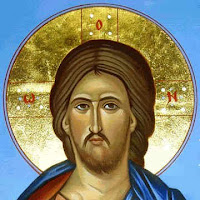The Anglican and the Evangelicals: Insights from the Sudanese Genocide
By Frederick Clarkson
August 9, 2011
When evangelical activist Brad Phillips told senior members of the House Foreign Affairs Subcommittee on Africa about what he had seen and heard during a recent trip to South Kordofan, Sudan, they called an emergency hearing.
The stories of atrocities carried out by Sudanese forces and allied militia have riveted world media attention since mass killings began in early June: house-to-house searches, summary executions, collection of bodies like trash loaded on trucks in bags, the digging and filling of mass graves, bombing of farms and villages, and chasing Nubans with attack helicopters into the Nuba mountains.
Fresh, firsthand accounts are the stuff of which great committee hearings are made.
But as compelling as the testimony was, the hearing made clear that there is no apparent solution. The hearing also brought into sharp focus the religious identities of both the perpetrators and the victims, as well as those of some of the participants in the hearing, and shed light on how those identities informed their perspectives. the rest
Bishop Andudu Adam Elnail, the Anglican Bishop of Kadugli, is emerging as the catalytic figure in the public eye. Following the House hearing, he flew to New York to participate in a press conference (his first) and to press the UN Security Council to act. Andudu is unique not only because but for a medical trip to the U.S., he might now be in a mass grave in Kadugli, and not only because he is a refugee bishop, unexpectedly cast onto the international stage—but because he actually represents the people being discussed.


0 Comments:
Post a Comment
<< Home